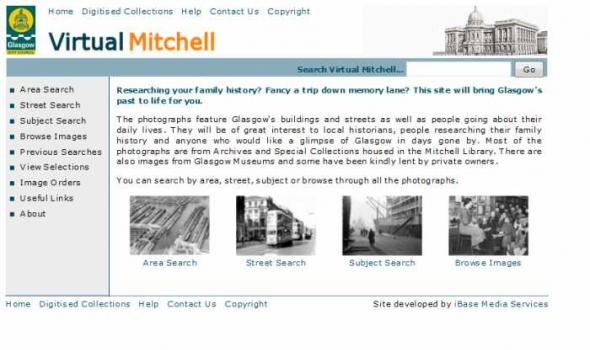Category: Image, English, Letters, Cornell University
Results
As an avid, well-trained photographer, sketcher and recorder, Straight took about 380 photographs and painted a very small number of sketches during his two spells in Korea in 1904 and 1905. Our aim has been to identify and select about two hundred of these and incorporate these materials into a project which amounts to a visual and contextual narrative of Korea at a most critical juncture in its more recent, modern history. The photographs document landscapes, urban scenes, people (both common, notable or noble ones), and, most interestingly, record numerous important events.
About the Stevens Family Papers This is a collection of correspondence and other papers relating to Robert S. Stevens' work as manager of the Missouri, Kansas, and Texas Railway and the Hannibal and St. Joseph Railroad, and to his investments in Kansas lands. This collection is dated from 1805 - 1899. For more information, go to the Guide to the Stevens Family Papers . For additional information about Cornell University Library's Archival Guides, go to the Guides for Archival and Manuscript Collections . For reference questions, please complete our reference form . For feedback about this website, contact rmcweb@cornell.edu .
Historical Context The Visions collection includes the written and photographed experiences of Europeans and Americans who traveled to Southeast Asia during the period of imperialism. The peoples of Southeast Asia experienced waves of colonization beginning in 1511 when the Portuguese took Melaka, a strategic and thriving port city on the Malay Peninsula. The Spanish established a colony in the Philippines which they ruled from the 1560s until 1899 when the United States ousted the Spanish and governed the colony until Philippine independence in 1946. The Dutch gradually conquered the areas known today as Indonesia beginning in 1596 and ending after WWII.
About the Ezra Cornell Papers Preface Ezra Cornell referred to himself as a farmer and mechanic who had spent some time working in the telegraph industry. His ambition and imagination, however, were not so prosaic. Skillful work, uncommon tenacity, and fortuitous circumstances resulted in his amassing a fortune. As soon as it became clear that it was a fortune, he promptly rejected conventional practice and sage advice, and directed that those riches be used to found a unique university: a comprehensive and practical institution dedicated to all forms of intellectual endeavor.
























